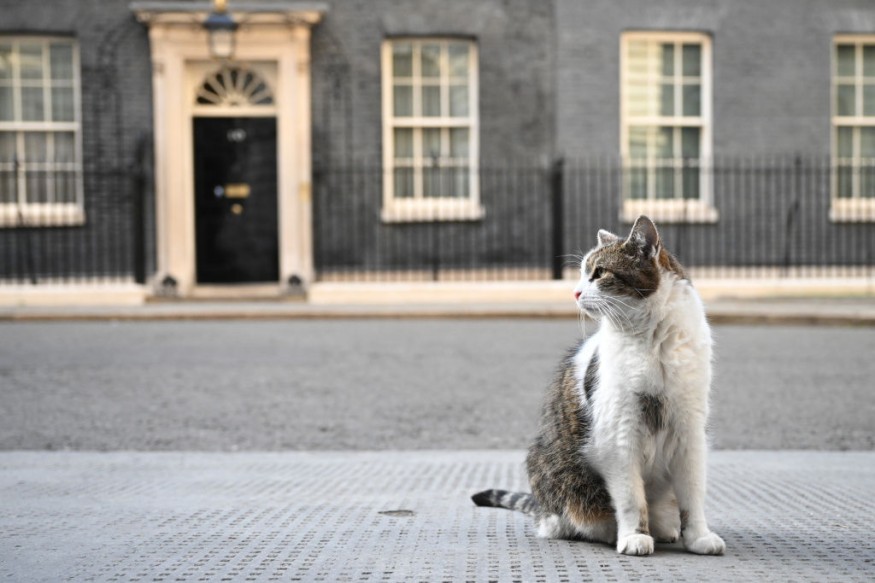
Felines typically dwell in herds, notwithstanding their propensity for seeking to share territory with their respective conditions.
This conduct may appear counterintuitive, yet recent study reveals it's a peculiar result of domestication - and environmental stressors could partly clarify why certain cats welcome their fellow cat over others.
Ability of Cats for Cohabitation
In research posted last Wednesday in the publication PLOS ONE, researchers connect showcases of cat conduct to hormonal changes and the intestinal microbiota. These factors influence cat relationships and might illustrate why cats endure mating given their reclusive inclination.
For instance, cats exhibiting reduced glucocorticoid and testosterone production, according to the research, were far generally patient of other feline and more eager to split meals.
It might have been fascinating to see if kittens with increased oxytocin levels incurred additional energy in near vicinity to fellow feline, although not literally of course engaging with other kitties.
According to NBC News, Carlo Siracusa, an adjunct fellow of medical wildlife and health at the University of Pennsylvania whom did not participate in the research said that cat proprietors may please try to see their kittens as companions if they recognize house animals as providing a distinct style of displaying friendliness.
While cats, according to Maren Huck, an executive professor at university of Derby, are semi-social creatures that could withstand the pervasiveness of other felines while enjoying the company of others - albeit not to that extent as strongly social living creatures such as horses.
Although kittens often find hours all in the comparable location, the research clique hypothesized that they might not always be likely to create strongly knit units because each cat might regard the fellow cat's out-group members.
These results highlight the notion that house cats, who originated from a lonely taxon, remain not quite as totally sociable as comparable household pets evolved from group-living genus. The expert panel specifically mentioned that a prolonged investigation with more kittens might lead to the discovery of oxytocin levels associated with intimate connections, as per Yahoo.
Cats utilize closeness, although not strictly body gestures, to demonstrate how much they appreciate the person - the closer, the nicer, as per experts.
Cat Hormones Link to Cohabitation Tolerance
Scientists claim that when companion feline' forebears self-domesticated, they also gained the capacity to dwell in groupings sans having significant strife - it was useful to keep up with fellow felines than to miss out on being served by people.
If gut microorganisms associated with friendliness are discovered, researchers could be capable to give them to kitties and build a pleasant society. Even though the study were unable to find a link amongst particular microbial pathogens and instances of conduct, scientists hypothesized that the gut-brain connection - the two-way communication involving the cortex and the gastrointestinal system - would perform a part in the society activities of felines.
Whilst the researchers expected these findings - glucocorticoid and testosterone are recognized to promote aggression - they were surprised to see that increased oxytocin concentrations were not related with a higher likelihood of becoming nice or tranquil. Cats with strong oxytocin levels displayed less social bonding conduct with other kitties.
The assessment of the stool specimens they did gather indicates that cats who socialized regularly had more comparable intestinal microbes, a conclusion consistent with the knowledge that lifestyle and nutrition impact the gut's composition, Flipboard media site posted.
While there has been a favorable link among oxytocin and social bonding activity in creatures that live in colonies, the outcomes in [these] kitties were the contrary.
Related article : Boy Rescues Skunk With Head Stuck in a Cup
© 2025 NatureWorldNews.com All rights reserved. Do not reproduce without permission.





